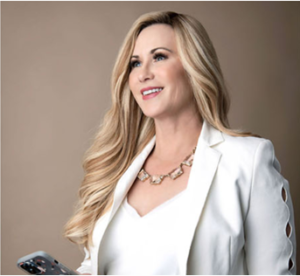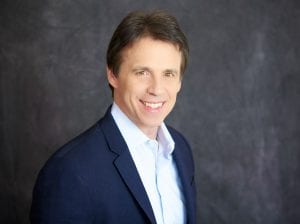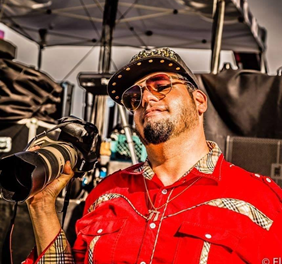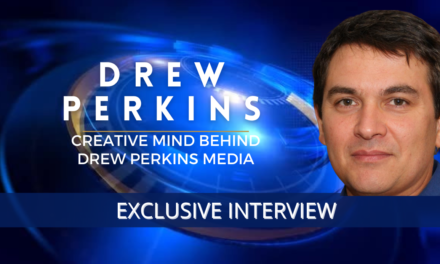Copyrighted by Melissa Hull
Wondering if life coaching can help you? Here are the three components to life coaching that turn obstacles into opportunities.
Sometimes being a life coach gets a bad rap.
It’s becoming increasingly more common, yet it’s not often clearly defined.
So here’s my definition: Life coaches work with a person to identify beliefs, thinking patterns and emotional blocks that keep us from moving forward. In life coaching, the focus is on your current progress and future results, instead of on past traumas. That’s the biggest difference between coaching and therapy.
A life coach is there to help you troubleshoot the current results in your life, and figure out how to make progress based on what works for you.
And a great life coach is experienced in providing three main areas of support: insightful guidance, skilled accountability, and uplifting community.
Guidance
I believe one of the greatest ways to provide guidance is to teach my clients how to find their own direction from within – because great coaches don’t give answers.
A great coach won’t tell you what you should do; they’ll ask the right questions that reveal the answers to you. Then, with those answers as a starting point, a coach will help you identify the next steps. They’ll help you set yourself up for success as you make the changes you want in life.
That’s why I believe one of the greatest skills a life coach can have is reflective inquiry. By asking a series of targeted and intuitive questions, I help my clients think about their situation in a deeper way, see things in a new light, and develop more empowering perspectives. And I’ve seen this process help so many people regain control of their lives … and start to design more joyful, fulfilling and vibrant futures.
As a coach, this process gives you the ability to recognize unspoken barriers, the questions that will evoke a breakthrough, and the steps that will help you carry forward.
This type of support is vitally important because – if we could change on our own, without the support of others, then we probably would have. But a coach’s observations, and the questions that follow, is where I see my clients find value time after time. That’s where the breakthroughs hide.
And that’s when you can begin to see the possibilities ahead.
Accountability
Accountability is sort of like the fuel in the engine that keeps us moving. It’s how we make progress.
And we tend to think we’re accountable to someone else, but we’re really accountable to ourselves. Once we can make that internal shift, then the real transformation begins.
But in the meantime, a skilled accountability partner can help create commitment within the coach-client relationship. That kind of relationship can spark the forward momentum you need to make real progress on your objectives.
You see, a trained accountability partner knows that it’s not about forcing or enforcing behaviors. It’s not about demands or pressure. In fact, I may want you to take certain action steps, but you know you’re unwilling to do them.
A great coach will allow you to do what works for you, giving you support and guidance in each session that will help you get closer to your goals. Then, accountability is what happens in the time in between.
A great coach will ask what type of accountability helps you. How often do you want a check-in? How do you like to communicate? It depends on the client, and a good coach knows that.
Of course, the true test of an accountability partner is the moment when the client doesn’t follow through, when they don’t take action. It’s an opportunity to find the barrier or obstacle, and help them break through. That’s where a life coach makes the biggest difference.
Community
It’s my personal belief that we’re not meant to do this life alone. It’s meant to be shared – all of it. The good, the bad, the struggle, the uphill battles, and the moments when our wildest dreams come true. It’s all a little bit better when we have someone to share it with.
Community is a place where you can find other people who are seeking similar change and progress. It’s a space where we can go to find support, where we can talk about the wins and the losses.
You see, community isn’t just about cheerleading. Sometimes it allows us to be ourselves, admit we struggle, admit we’re concerned or scared or angry or indifferent. It’s a place to find support in the uncertainty. In those moments, your community will be there for you.
Sometimes we’re looking specifically for a woman-led community, so we can be amongst other empowered women who are working toward the same type of progress. We’re looking for a strong female voice and leader who brings people together, who leads the community with topics and forums that keep you moving forward. We want to feel uplifted and supported, rather than feeling like we’re doing this alone.
That’s why a coach-led community adds so much value. It gives you a place to belong.

Melissa Hull is E360tv’s Creative Content Producer, an inspirational speaker, author, entrepreneur, business strategist consultant, and award-winning artist. She has shared the stage with Mitch Carson, Bill Walsh, James Dentley, Kevin Harrington, Joel Bauer, Forbes Riley and several other notable speakers. She is the author of “Lessons From Neverland” and is regularly sought out as a business consultant and mentor to several small businesses.
Facebook: Melissa Hull Gallemore
Instagram: Melissa_Hull_
YouTube: Melissa Hull Gallemore
Click Here to Buy or View the Print Magazine




